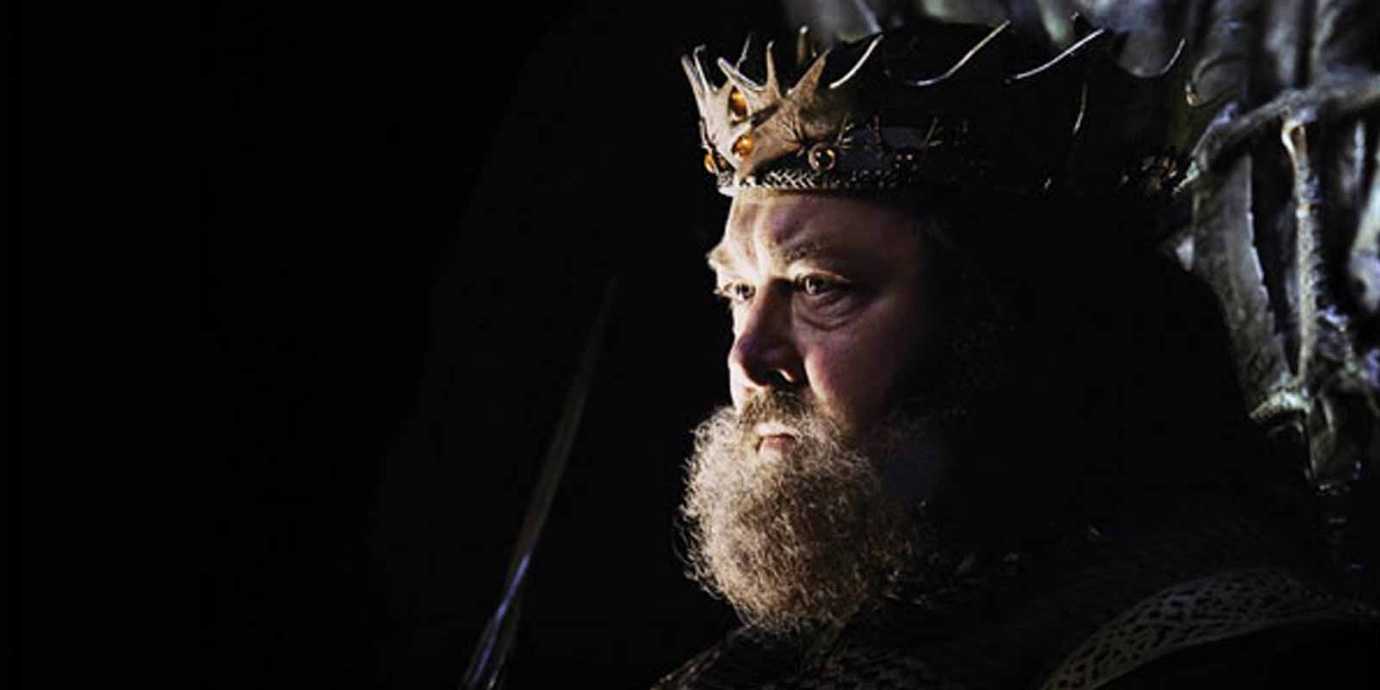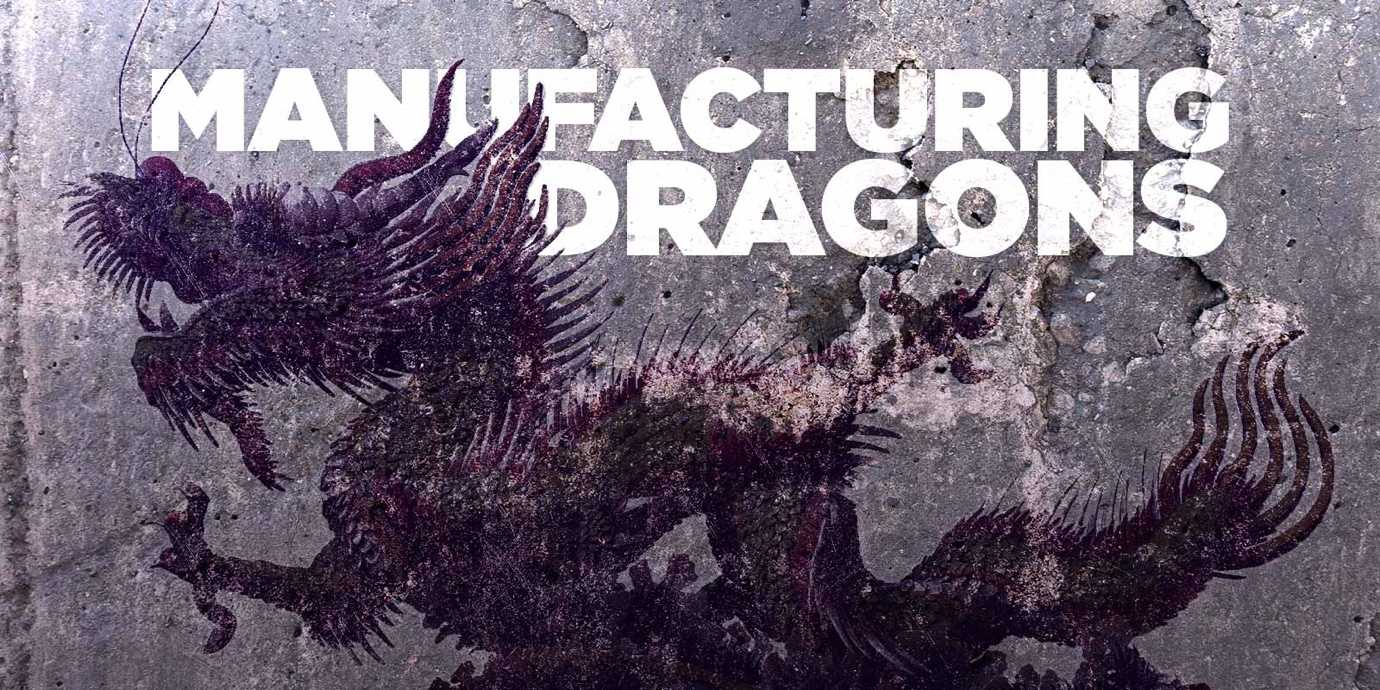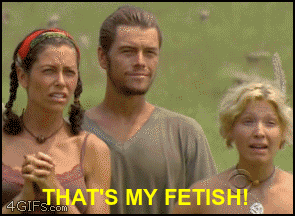Fake problems: slaying dragons, and why maybe we shouldn’t.
From the depths of the cave, a red glow and a low rumble; at first barely audible, swelling quickly to pants-shitting levels.1 The sweat on my skin turns to steam. The walls of the cave seem to shimmer in the sweltering heat. Air whips against rock and bone under the thunderous force of twin black sails unfurling.
You know that atonal, low-frequency throbbing that happens in every Michael Bay movie? It’s like that: the only sound designed to create terror not through its emotional associations, but through fucking with your central nervous system by hitting its resonant frequency.
“Stay behind me,” I growl in a distinctly Vin Diesel-esque timbre. “Things are about to heat up.”
The dragon seems weary. Annoyed. Bored, even. I imagine its internal monologue voiced by Alan Rickman: “Wonderful. Here comes another bloody ‘hero’ to pay for his glory with the blood of an endangered mythical species.”
And I stand — the guy in the leather banana hammock with gloriously oiled pecs and flowing, barbarian hair — in the mouth of the cave, accompanied by a busty woman in comically restrictive clothing2 and a functionally-useless-but-narratively-convenient sidekick, wielding naught but a sword and my flagrant disregard for the roastability of human flesh.
“We’re climbing a haunted mountain, then descending into the depths of abandoned Dwarvish mines to face unknown evils in the darkness below? Quick! Help me squeeze into this bustier so we can go!”
The dragon resigns itself to yet another standoff, crushing the charred skulls of previous challengers as it turns to face me.
And I know I’m outmatched. I know I’m woefully under-equipped in an enclosed space with a sentient flame-broiler. I know my only chance is a combination of quick thinking, dumb luck, and a dogged unwillingness to admit defeat.
I grip my sword loosely and snap it around in a quick, casual circle. This is where I belong, I think to myself.
I grin darkly.
I’m ready to slay this motherfucker.
No Problems? I Can Fix That.
When things quiet down in my life, I feel weird.
My childhood was free of any real problems and hardships — so I was forced to create my own. Whether I was bored, self-destructive, or simply trying to find out what I was made of, I made a sport out of creating hurdles for myself as a kid.
I didn’t feel particularly challenged in high school, so I dedicated myself to psychologically terrorizing my teachers3 and learning how far I could bend the rules without getting into any real trouble. I couldn’t force myself to care about college, so I dropped out and tried my hand as a broke musician. I dated women who treated me well, so I invented ways to ruin my relationships.
During my sophomore year, I had a teacher who told us he was, among other things, a champion figure skater, a former FIFA referee, and an alien abductee. He had a fondness for busywork, including a weekly retrospective where we were asked to recount, in one or two paragraphs, what he’d taught us the previous week. (I’m still not sure if this was for our benefit or his.)
I couldn’t take him seriously, so I wrote a bunch of nonsense to amuse myself: “I’ve received coded messages from the Wu-Tang Clan and Merrie Melodies. Martha Stewart is putting mind control drugs in the water supply!”
Later, my parents sat with me as this character expressed serious concerns — “I just can’t figure out what Jason means by all this!” — and the assistant principal asked my parents how they planned to address my issues. My dad, absolutely deadpan, leaned forward and said, “You realize that my son is fucking with you, right?”
The weirdo teacher was fired later that year for calling a fifteen-year-old girl fat. I feel pretty justified in fucking with that guy, because he shouldn’t have been allowed around children in the first place.
In most cases, though, I was just being a dick.
The trend carried through my teenage years, and into my twenties: whenever things got comfortable, I’d start a fire just to see if I could put it out.
Who Am I Without a Dragon to Slay?
When I had a problem, I felt an immediate sense of purpose. I had to slay this dragon — obviously this problem was the source of any unhappiness in my life. My daily struggle had a villain, and I was the hero risking his life on a quest to restore balance to the realm.
In the absence of trouble, I’d feel a pressure building. And when the pressure outmatched my common sense, I’d release it — blowing up my life in the process.
Without a quest I felt purposeless. Obsolete. A warrior without a war, like Robert Baratheon.

What started as listlessness grew to malaise, then blossomed darkly into hostility and aggression — which I would focus on a non-problem, creating a pressure cooker that would eventually blow a hole in my otherwise untroubled existence.
I slay dragons because I slay dragons.
I fell into a cycle: I slayed a dragon, then raised a new one in its place. The goal was forgotten. The peaceful moments between struggles were nothing more than unpleasant waiting periods between bouts — why would anyone want to not be slaying a dragon?
Knowing a dragon was out there, after all, let me focus my energy on external sources of discomfort. The dragons were the cause of my unhappiness, I had decided. Never mind that I didn’t feel particularly happy after I’d slain one.
In the absence of dragons, I might be forced to acknowledge that my dissatisfaction and restlessness came from somewhere internal, or that — worse — a little unhappiness is just part of being alive.4
Equilibrium is not optional. We’re all pendulums — pendula? penduli? — and an upswing has its equal and opposite downswing. The laws of physics don’t offer any loopholes, no matter how good your “gravity guy” is.
But I think that’s okay. Without the swings, we wouldn’t be able to feel anything at all, good or bad. So while I do believe we should work to increase our baseline — raising the equilibrium point for happiness to a higher base value so the highs are higher and the lows less low — we also need to accept that sometimes things will suck. And that this is a good thing, because it allows us to enjoy it more when things don’t suck.

Fetishizing Misery
As I approached my mid-twenties, it dawned on me that I was playing the Death Wish Edition™ of Keeping Up with the Joneses where I wanted a bigger and scarier dragon to slay — I needed to have bigger problems than anyone else to justify my discontent.

Worse, I was somehow getting pleasure from having bigger problems than other people. I had been using the size of my problems as a perverse signal of my value as a human being: I have the most out-of-control inbox; I have the craziest working schedule; I get the least sleep.
I was fetishizing misery. And when it dawned on me, it wasn’t a sexy that’s my fetish moment.
It was more like, “Wait. That’s my fetish?”
A hero who manufactures his own dragons isn’t much of a hero at all.
My senseless urge to increase the number and scale of my problems was the same kind of imaginary arms race that I would so publicly scorn in its other forms: the bodybuilders who lost sight of the “aesthetically pleasing” part of their sport and turned it into a “who can get most hugest” competition; the custom car subculture that was so obsessed with one-upping itself that the cars weren’t even legal to drive; the vain who chased beauty so far down the plastic surgery rabbit hole they barely resembled humans anymore.
Each group started a status arms race that eventually lost sight of its original purpose, becoming an endless pursuit of nothing but “more”.
And I was exactly the same: the success-obsessed professional who’d taken “staying busy” to such an extreme that all the benefits of success were no longer available to me.
How to Balance Bloodlust and Introspection
One of the reasons for my endless pursuit of a new dragon to slay, I realized, was that I couldn’t stand the thought of spending time alone with my thoughts. Wrestling with my inner demons sounded way scarier than battling external threats.
I was doing the emotional equivalent of starting a fire in the kitchen to avoid doing the dishes.
In a trite plot twist, the real dragon I needed to slay was… myself.5
Cue dramatic orchestral stab and a tight close-up of my horrified face.
Slowly, and with the help of good friends and a strategy to develop a more positive outlook, I created fewer and fewer problems for myself, and directed the restlessness I felt during quiet periods toward identifying the real source of my discomfort.
These days, I try to take a beat and ask a few questions before I go charging into the fiery jaws of death.
1. Is this really a problem, or am I just bored?
I try to think a little harder about the dragons I go after. Are they real? Or am I trying to distract myself from a personal problem I’d rather not think about?
2. Am I upset about this thing, or did this thing just make me acutely aware of one of my shortcomings?
Occasionally someone says something, and suddenly I’m ready for battle. But did they actually do something wrong, or did they just expose one of my blind spots and now I’m embarrassed and defensive?
3. If I let this go, will anything bad happen?
Let’s assume I do nothing. What will happen? Like, really play out this hypothetical scenario: if I don’t solve this problem, does anything bad happen? Or does the world just continue to exist, unperturbed?
(Hint: it’s usually door #2.)
4. If I don’t let this go, will anything improve?
Sometimes I have a project I don’t want to do, and so I start thinking about other things in my life, and I decide I don’t like the way my room is organized, and this becomes an urgent problem, and I spend two hours pushing furniture around.
When I’m done, my life isn’t any better — the only thing I’ve succeeded in doing is procrastinating whatever I was supposed to be working on in the first place.
Don’t Hate the Slayer — Hate the Flame
I love the rush that comes when I square off against a dragon.6 My favorite thing to do, after all, is solve hard problems, and the last thing I want to do is train myself to shy away from a challenge.
I mean that figuratively, of course. The thought of actually fighting an actual dragon (even a tiny dragon) makes me hyperventilate a little. Side note: DID YOU KNOW THAT DRAGONS ARE REAL?!
So while I don’t intend to never slay a dragon again, I will look for more balance. More long-term value. There will always be a bigger dragon, but most dragons just don’t need to be slain — at least not by me.
Going forward, I’ll try to choose my battles more wisely, and make sure that the reward is real, and actually worth fighting for. I’ll try to let things go when they don’t matter. And if I can help it, I’ll try to start by figuring out the things happening in my head that made me want to fight in the first place.
Truth be told, I’ll probably never hang up my sword. Or my banana hammock. But I’ll try to use them more responsibly.
And that’s better for all of us.
What to do next.
As adults, we’re supposed to build careers, build relationships, build futures, build happiness… It’s all pretty overwhelming. It’s easy to feel stuck — like we’re on autopilot, punching a clock, and buried in tasks we don’t really care about.
Wouldn’t it be nice to get some balance back? To have extra time every day to dedicate to the things that actually matter to you?
I want to help: I’ve compiled 5 Habits of the Unfuckwithably Productive, and I want to give it to you for free. These are time-tested habits that helped me break the cycle of overwork and exhaustion; this is how I spend less than 40 hours a week on the computer — while making a living and traveling the world.